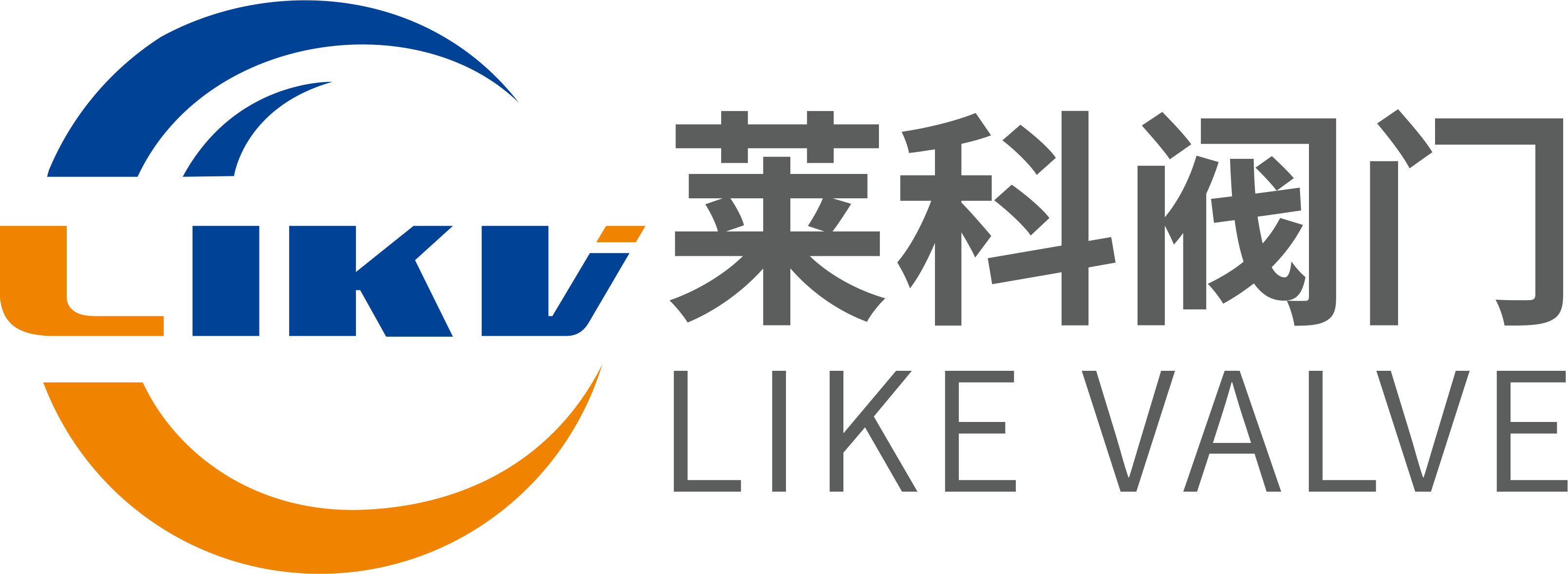I mean, most of the time, when something you didn’t anticipate happens, you quickly realize that this is something you can or should see, at least a possibility. Of course, the air traffic control delay caused me to miss the connection. Or, take an example of economics. Few people expected the 2008 financial crisis, but once it happened, economists realized that it fits both their theoretical framework and their historical model.
However, sometimes events take a turn and make you wonder what happened even after the big revelations.
Currently, the US economy is experiencing a very old-fashioned inflation, with too much money chasing too few commodities. In other words, strong demand conflicts with restricted supply, so prices rise.
But there are actually two supply restrictions, some of which are easier to understand than others.
Not many people expected the well-known supply chain problems nowadays—ships waiting to be unloaded back and forth, parking lots full of containers, and warehouses with insufficient space. But once they start to happen, these problems become very reasonable. Consumers who are afraid of buying services-eating out and going to the gym-make up for it by buying a lot of things, and the logistics system cannot meet the demand.
On the other hand, the “big resignation”—although the number of employed people is still below the pre-pandemic level of 5 million, or even further below the previous trend, there has been a seeming labor shortage—still a little mysterious.
Unlike the “skills gap” used to explain continued unemployment after the 2008 crisis, this labor shortage seems to be real. Workers are resigning at a record rate, which shows that they are confident in finding new jobs. Wages are increasing at a rate normally associated with the peak of prosperity. Therefore, although the number of Americans employed is much smaller than in the past, workers clearly feel empowered. Why?
Earlier this year, many people insisted that raising unemployment benefits would reduce the incentive to accept jobs. But these additional benefits were cancelled in many states as early as June, and at the beginning of September nationwide; this cut-off point does not seem to have any measurable impact on employment or labor participation.
Another story that is more difficult to refute is that the large amount of assistance received during the pandemic caused many people to have more cash on hand than usual, which gave them enough economic space to choose their next job.
A less optimistic story says that some employees are still afraid to go back to work, and/or many people cannot go back to work because their childcare arrangements are still disrupted.
But there is at least one possibility (these things are not mutually exclusive): the pandemic experience may allow many workers to explore opportunities they would not have seen before.
I have been thinking vaguely along these lines, but Arindrajit Dube, who has been one of my preferred labor economists throughout the pandemic, has made it very clear recently. As he said, there is considerable evidence that “workers in low-paying jobs [always] underestimate how bad their jobs are.” When something—such as a fatal epidemic—forces them out of routine , They realize what they have been enduring. And because they can learn from the experience of other workers, there may be a “resignation multiplier”, some of which will eventually lead other workers to follow suit.
I like this story partly because it coincides with one of the main findings of behavioral economics-that people have a strong status quo bias. In other words, even if there may be better options, they tend to continue to do what they are doing. As we all know, when workers have to check an option to quit, they are more likely to join a retirement plan than they have to check an option to opt-in. Unless it is automatically registered, it is a good deal.
So I can easily believe that there are many workers who should have quit their terrible jobs in 2019, but no, because they didn’t really consider other options. At least it is possible that the devastation of the pandemic has led to rethinking.
Of course, we don’t know these. But if this is part of what is happening, it is actually a good thing-a silver lining to the horrors of Covid-19.
Post time: Nov-15-2021




